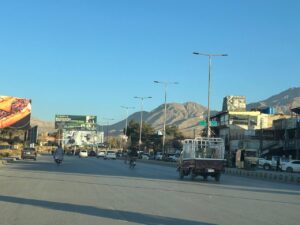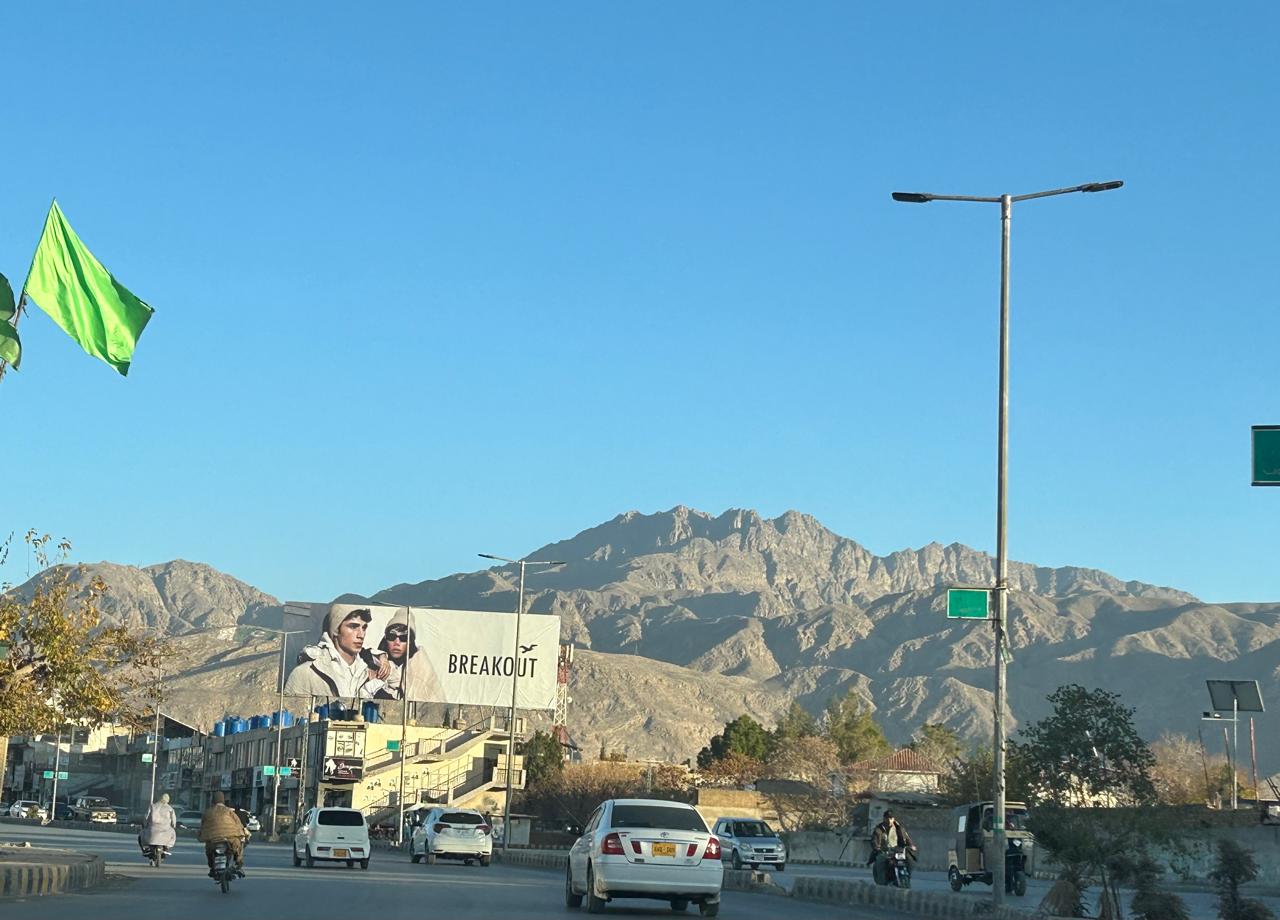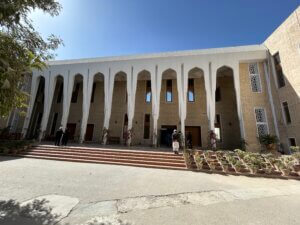Editorial:
Quetta has earned recognition as the city with the best air quality in Pakistan, with an Air Quality Index (AQI) of 31, marking it as “good” and healthy, according to the Environmental Protection Agency (EPA). Amid worsening air pollution and dense smog in urban centers like Lahore and Karachi, Quetta’s clean air serves as a shining example of environmental resilience.
While Quetta’s clear skies owe much to its geographical location, lower population density, and fewer industrial emissions, sustaining this air quality presents a significant challenge. Environmentalists emphasize that the focus must shift from temporary measures to sustainable strategies to preserve Quetta’s atmosphere and mitigate the impacts of global warming.

Green Initiatives Must Be Long-Term
The Forest Department and local NGOs have launched tree plantation drives to beautify Quetta and improve its air quality. However, most of the saplings planted along roads have dried up within weeks due to inadequate care. This highlights the need for a sustainable approach where plants are nurtured consistently, rather than short-lived initiatives centered around photo sessions.
To truly maintain Quetta’s air quality, authorities must prioritize:
- Sustainable afforestation: Ensure saplings are planted in suitable areas and looked after until maturity.
- Vehicular emission controls: Introduce stricter policies to reduce pollution from vehicles.
- Community involvement: Engage citizens in green initiatives to create awareness and responsibility.
A Call to Action
Quetta’s achievement is a reminder that clean air is possible, even in challenging conditions. However, it requires a committed and focused approach. Policymakers, environmentalists, and citizens must work together to implement effective green initiatives that go beyond temporary fixes.
As Pakistan battles the adverse effects of climate change, Quetta’s example underscores the importance of sustainable practices to ensure a healthier future for all.






